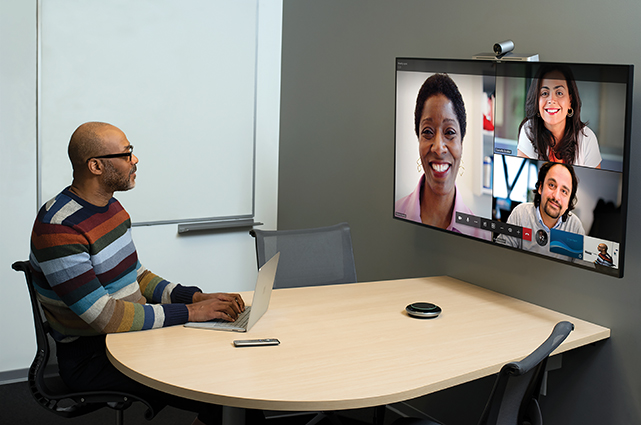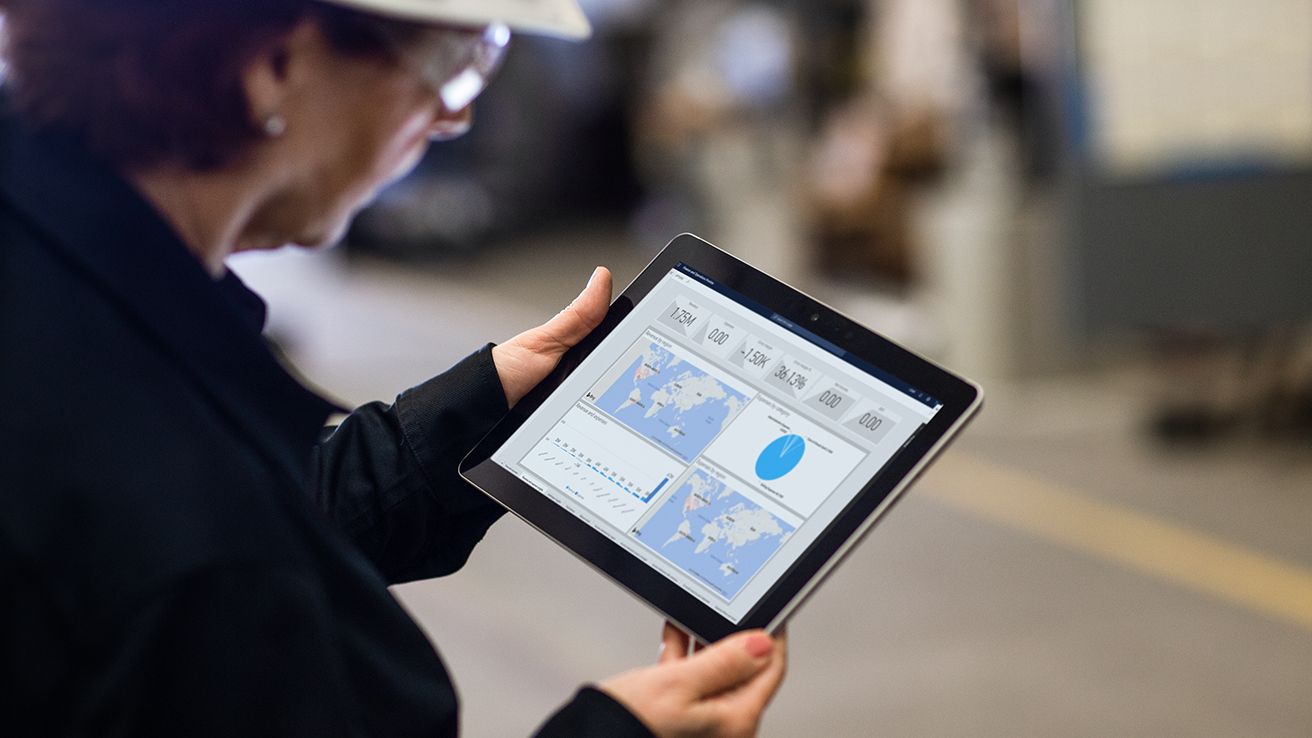Culture without borders
How using the cloud is keeping this company’s culture alive, in Africa’s furthest regions


“Training people, managing devices, and helping teams collaborate across the region has always been challenging with long distances to cover.”

Working remotely has been a double-edged sword during the pandemic. While technology has enabled easy, productive remote work, there are still other issues that have been apparent after a year of working from bedrooms and home offices. Such as, how do you nurture culture and skills when your staff is working remotely?
Many businesses choose to sidestep the question, opting for a hybrid model – where employees still come to the office once or twice a week – rather than wholly embracing remote.
For Country Bird Holding (CBH), hybrid isn’t always an option. Stretched across seven African nations, many of its staff work in the remotest regions of the continent, separated by vast distances and inadequate infrastructure.
But with the help of Microsoft Azure Cloud, the business is discovering that where there’s a will, there’s a way to make it work.
Nurturing talent
CBH is one of Africa’s leading integrated poultry and animal feed suppliers, involved at every stage, from breeding hens to delivering produce and serving fried chicken to customers.
Based in South Africa, its operations also span Botswana, Mozambique, Nigeria, Swaziland, Zambia, and Zimbabwe. Overseeing such a large footprint, with such a diversity of activities, many of the company’s staff live and work in some of the continent’s furthest regions.


So, for a company dedicated to nurturing talent and fostering collaboration, it’s historically been a challenge to prioritize culture, wellbeing, and skills.
Nick Robinson, Chief Information Officer at CBH, explains, “Training people, managing devices, and helping teams collaborate across the region has always been challenging with long distances to cover.”
But then the company migrated its IT to the cloud, adopting Microsoft’s Infrastructure as a Service (IaaS) Azure platform, a move Robinson describes as a “game-changer.”
“Education is fundamental for both CBH employees and their clients. Following our experience in Shonga, Azure and Teams have become increasingly essential to the company’s future development plans.”
“Game-changer”
With Azure, businesses can run their IT infrastructure entirely on Microsoft servers – often providing more reliable service than they could otherwise achieve. The platform also hosts invaluable tools for device management, communication, and collaboration.
CBH now uses Microsoft’s autopilot deployment to send devices to staff, wherever they are, pre-configured to connect with the company cloud, with access to all the tools they need. IT can manage the device remotely, including installations and updates. And everything is protected with Microsoft’s class-leading cloud security.
Office 365 provides all the functionality office workers need, including streamlined workflows for collaboration. And Microsoft Teams brings CBH’s teams closer than ever before, with straightforward, dependable video conferencing and instant messaging.

Remote Education
This combination of Microsoft tools has proven so powerful that CBH even managed to “deploy a new ERP in Shonga, a small town in Nigeria, with live training and support given remotely via Teams,” says Robinson.
It’s a vital demonstration that training can be delivered remotely, a realization that has profound consequences for the company. Robinson continues, “Education is fundamental for both CBH employees and their clients. Following our experience in Shonga, Azure and Teams have become increasingly essential to the company’s future development plans.”
And for businesses considering how to navigate hybrid and remote working, CBH is proof that culture, collaboration, and skills can all be nurtured from afar – even when staff is scattered across a continent.
Microsoft helps businesses on their digital transformation journeys. Discover more.














































